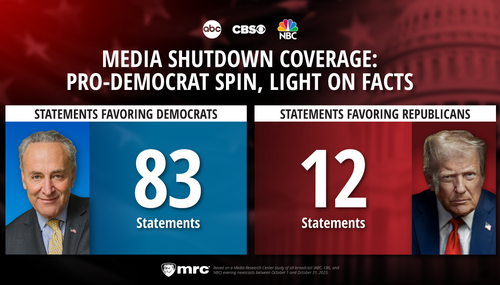Senator Gary Peters (D-MI) questioned whether Facebook was entirely honest in its previous Hill testimony about recording its users’ supposedly private conversations.
Peters wrote in an Aug. 15 letter “regarding recent reports that, counter to your prior testimony to Congress, Facebook Inc. (Facebook), has collected, transcribed, analyzed, and used data from private audio conversations of Facebook users.”
He observed how, in the past, “I asked you specifically if Facebook uses audio obtained from mobile devices to enrich personal information about its users. Your emphatic answer was no.”
He continued by dropping the hammer, “If these reports are accurate, I am concerned that your previous testimony before Congress appears to have been, at best, incomplete.”

He made a list of questions such as “for what use and purpose does Facebook collect, transcribe, and/or analyze audio conversations of its users?” as well as requested documents
He also demanded documents such as “a copy of all contracts for audio transcription” and “all documents related to obtaining a user’s consent to have their audio transcribed” as well as “when users were asked to opt in to having their audio transcribed, was it made clear to them that this transcription would be done by human beings?”
As Reuters noted, Facebook later responded via letter to Congress claiming that it engages with user audio specifically after users have opted in to having their private conversations recorded.
Peters, however, underlined the fact that the Big Tech giant failed to follow up and “articulate what you do with the audio accessed under those circumstances, the extent of Facebook’s use of this practice or the reasons for the discrepancy in your testimony on this issue during the hearing.”
Facebook has been under heavy bipartisan scrutiny over its surveillance of users.
NewsBusters TechWatch previously covered the mid-August revelation that Facebook had teams of contractors reviewing users’ audio and transcribing it for unclear reasons.
The goal of the contractors, supposedly, was to examine whether Facebook’s AI program was correctly recording messages.
What makes this recording of conversations all the more sinister is that Facebook has openly admitted to monitoring private conversations to check for criminal activity. As facebook claimed “Facebook designed these automated tools so we can rapidly stop abusive behavior on our platform.”
With programs like China’s Social Credit Score already underway, one might safely wonder whether users will be penalized for politically incorrect things said in private chatrooms or recorded without their knowledge.





